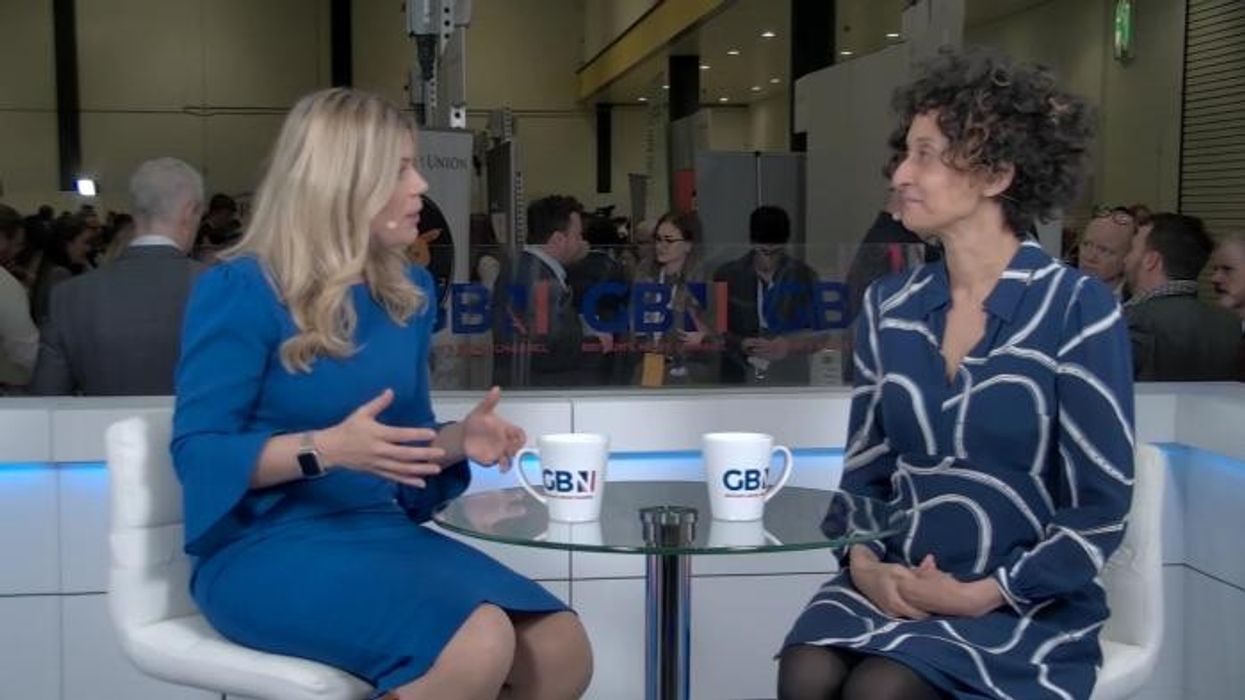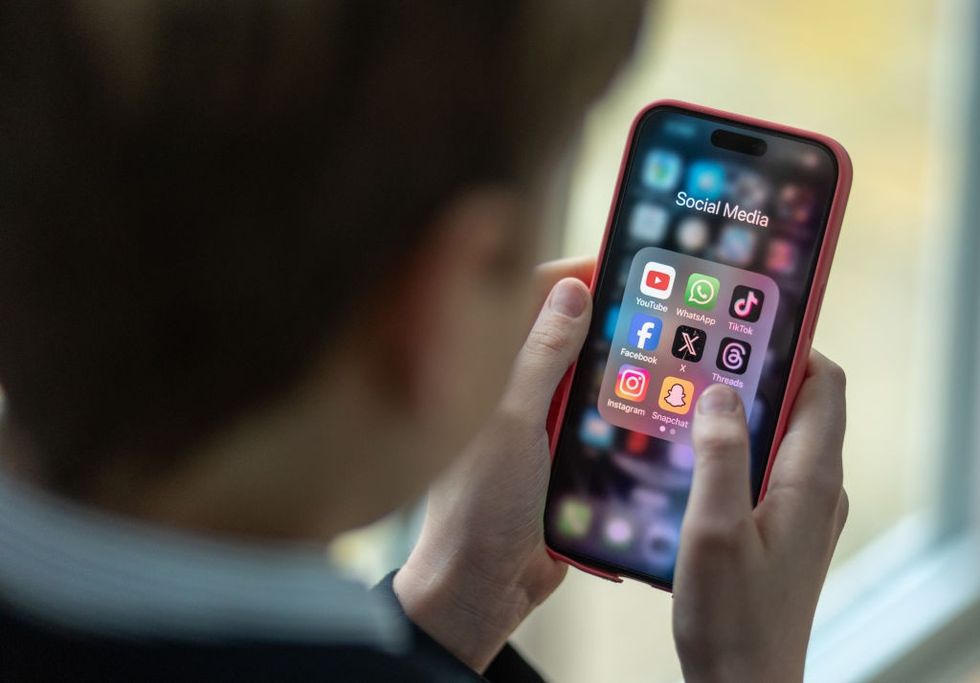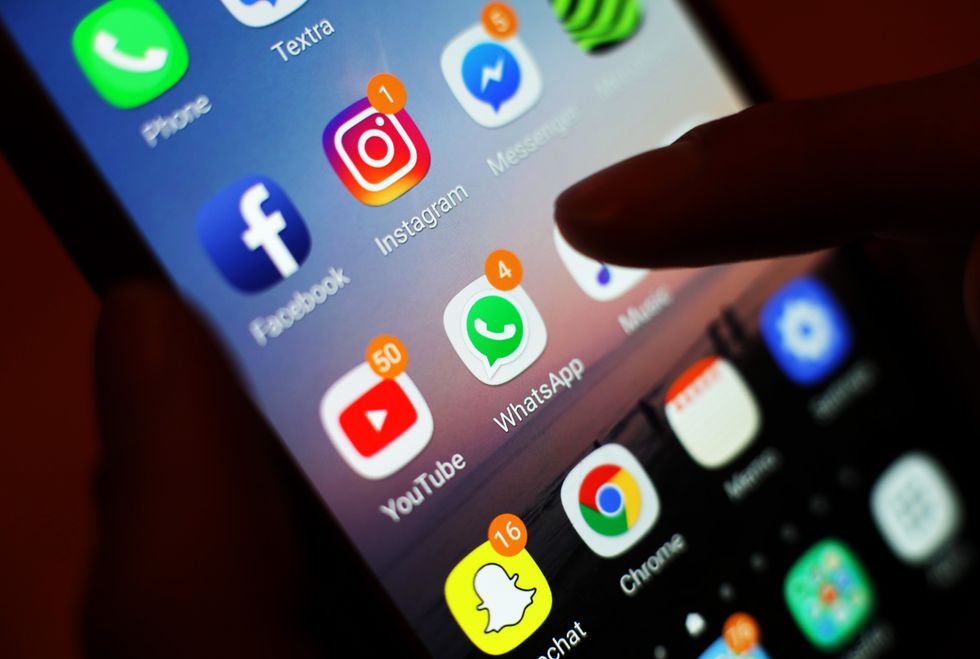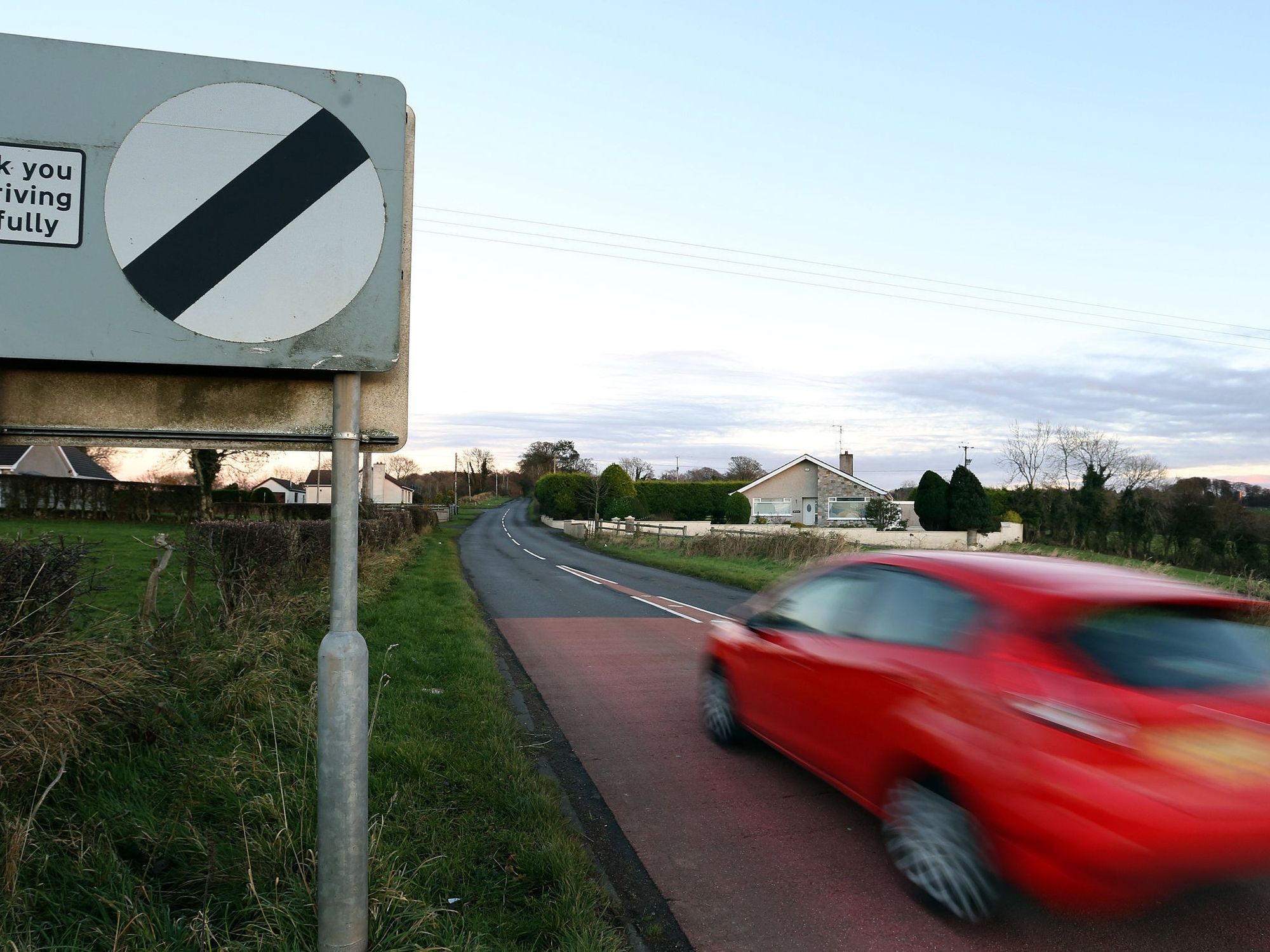Britain faces ‘silent epidemic’ of screen harm in children as doctors launch national campaign

Katherine Birbalsingh offers her views on the 'victim' mentality in children and how to cut that out |
GB News
A typical 12-year-old now spends 29 hours a week on their smartphone — equal to a part-time job
Don't Miss
Most Read
A shocking new film - "Our kids, their screens, the evidence" - lays bare the devastating impact of smartphones and screen exposure on children highlighting evidence so stark, it has health experts demanding urgent government action.
The launch - which debuts today - coincides with a powerful new campaign by a national network of health professionals calling for a public reckoning over what they describe as a “silent epidemic” of screen-related harm in young people.
Backed by a coalition of doctors, psychiatrists, speech therapists, psychologists and ophthalmologists, the film is based on a damning body of evidence revealing: 40 per cent of toddlers under two already own a tablet, with children aged 2–4 spending over two hours a day on screens.
A typical 12-year-old now spends 29 hours a week on their smartphone — equal to a part-time job.

A shocking new film lays bare the devastating impact of smartphones and screen exposure on children highlighting evidence so stark, it has health experts demanding urgent government action
|Getty
Speech and language delays now affect 1.9 million children in the UK, up 27 per cent in just two years, with one in four NHS speech therapy posts unfilled.
One in five children in the UK are now impacted by short-sightedness. Every additional hour of screen time daily increases the risk of short-sightedness by 21 per cent.
ADHD diagnoses have surged over 50 per cent since the early 2000s. The research evidence shows excessive screen time may significantly contribute to the development of ADHD symptoms in children.
Girls using social media heavily are twice as likely to suffer anxiety. Experts say the consequences of excessive smartphone use in children are catastrophic, with language delays, cognitive decline, attention problems, emotional dysregulation, addiction, and disrupted sleep all on the rise.
According to WHO guidance, children under two should have no screen time at all, and under-fives should have no more than one hour a day. But new research shows these limits are being widely exceeded.
LATEST DEVELOPMENTS:
The group, Health Professionals for Safer Screens, working with Teched Off, is urging the Government to launch an NHS-led public health awareness campaign on the risks of excessive screen use.
They are calling for stricter regulations to hold tech companies accountable, and support legislation to protect children. The campaign also includes a mass call to action urging the public to write to their MPs.
Dr Sanjiv Nichani OBE, senior paediatrician and member of Health Professionals for Safer Screens, said: “I now routinely see children in clinic who are non-verbal, not because they can’t speak, but because they spend most of their waking hours in front of a screen. They’re missing critical human interaction.
Dr Becky Foljambe, GP and Founder of Health Professionals for Safer Screens said: “This film highlights some of the serious harms that clinicians are observing in their daily practice, and academics are concluding in their research, around children’s screen use.

A typical 12-year-old now spends 29 hours a week on their smartphone — equal to a part-time job
| PA"These negative impacts on whole-child health are now very significant. It is evidence of safety that we lack, not evidence of harms, and it is now imperative we exercise the precautionary principle and launch an NHS public health campaign to educate and support parents and engage professional colleagues.
"This film is also an urgent call for a change in legislation to protect our children.”
The documentary features disturbing testimony from frontline professionals who warn the damage is escalating rapidly
It claims Apps like TikTok and YouTube are engineered to be addictive, targeting the developing brains of children.
“This is not about tech innovation,” says one expert in the film. “This is about protecting poorly children.”
The film highlights evidence showing the causal links between screen time and depression, anxiety, and poor sleep. And it reveals how teachers are increasingly reporting children entering school with underdeveloped language, poor concentration and limited social skills.
Sleep is also being wrecked, the experts in the film say. Blue light delays melatonin, while doom scrolling disrupts natural rhythms, they argue. A Channel 4 study found that taking away screens helped pupils sleep an extra hour per night.Parental screen use is also part of the problem. The film shows how distracted parenting affects bonding and communication—triggering stress responses in babies and harming early development.Despite mounting evidence, the campaign argues there is still no national public health campaign warning families about screen overuse. Instead, some nurseries are being marked down by Ofsted for lacking digital provision.Health Professionals for Safer Screens have already worked with academics and international guidance produced screen time guidance and advice to support parents claiming there is nothing from the NHS.The campaign backing the film is calling for; a public health campaign about the risks of screen usage - beyond content – for children, legislation to address the harms of screens, including raising the age of smartphones and social media to 16, and public health policy to include assessment of screen usage in patients, with relevant training for health professionals.Sandy Chappell, a leading speech and language therapist who features in the film, said: “Children are spending more time alone with devices than speaking to parents or carers. That time cannot be replaced. It’s a crisis, and it’s happening in every classroom.”With over 109,000 children now waiting over a year for NHS mental health treatment, experts believe the true scale of the damage is only just beginning to emerge.“Our kids, their screen, the evidence” premieres on Monday.










